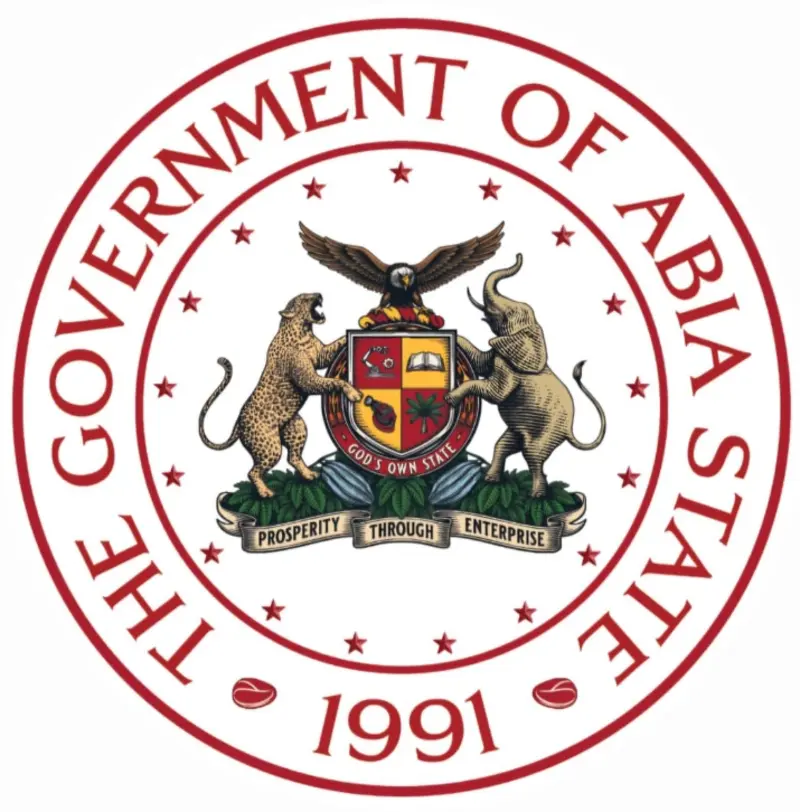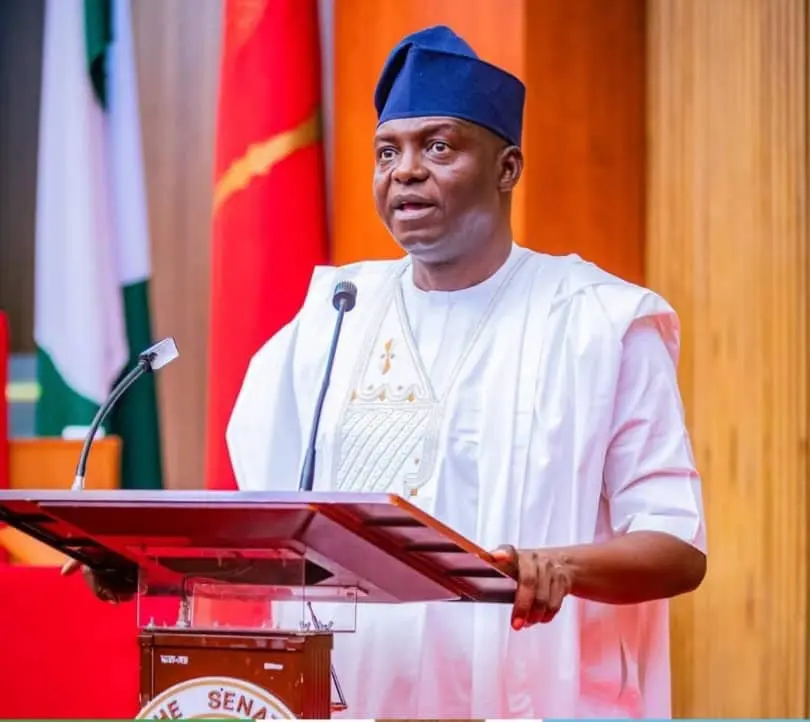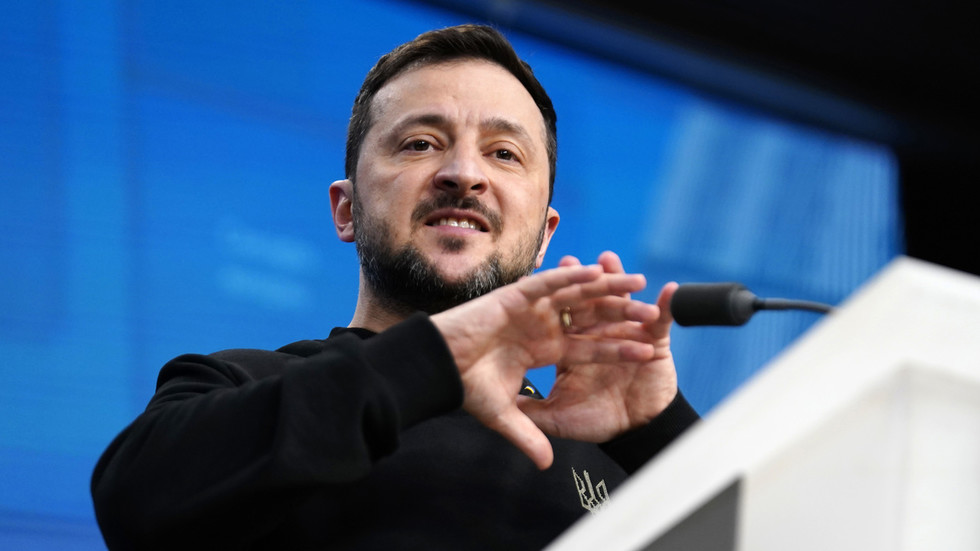Sierra Leone’s President Julius Maada Bio has made a significant move by becoming the first leader of the West African bloc ECOWAS to visit a member of the Sahelian Alliance of States. This visit marks a turning point in relations between ECOWAS and the Sahel alliance, which has been strained in recent months. Bio, who took over the chairmanship of ECOWAS in June, met with Burkina Faso’s junta leader, Capt. Ibrahim Traoré, at the presidential palace in Koulouba on Tuesday.
According to Sierra Leone’s state house, Bio committed to fostering closer ties and cooperation between ECOWAS and the Sahel alliance during his one-day visit. He vowed to “make sure that peace returns to Burkina Faso” and expressed his solidarity with the people of Burkina Faso, stating that they are not alone and that ECOWAS will work together to restore peace. This visit comes after tense relations between the two blocs, with the junta-led West African nations of Niger, Mali, and Burkina Faso formally withdrawing from ECOWAS in January.
The talks between Bio and Traoré touched on regional security and international relations, with analysts viewing the trip as a reflection of growing acceptance of the breakaway bloc. Ulf Laessing, head of the Sahel program at the Konrad Adenauer Foundation, noted that ECOWAS has accepted the breakaway and will no longer push for the Sahel countries to return. This development marks a significant shift in the relationship between ECOWAS and the Sahel alliance, with Bio’s visit signaling a willingness to engage with the breakaway nations.
The visit also highlights ECOWAS’s continued role in promoting peace, security, and economic prosperity across the region. Bio emphasized the importance of upholding these shared values, stating that he looks forward to continued collaboration with Burkina Faso. As the regional dynamics continue to evolve, this visit may pave the way for increased cooperation and dialogue between ECOWAS and the Sahel alliance, ultimately contributing to a more stable and secure West Africa. With this development, it remains to be seen how the relationship between the two blocs will unfold, but for now, it appears that a new chapter of engagement and cooperation has begun.



